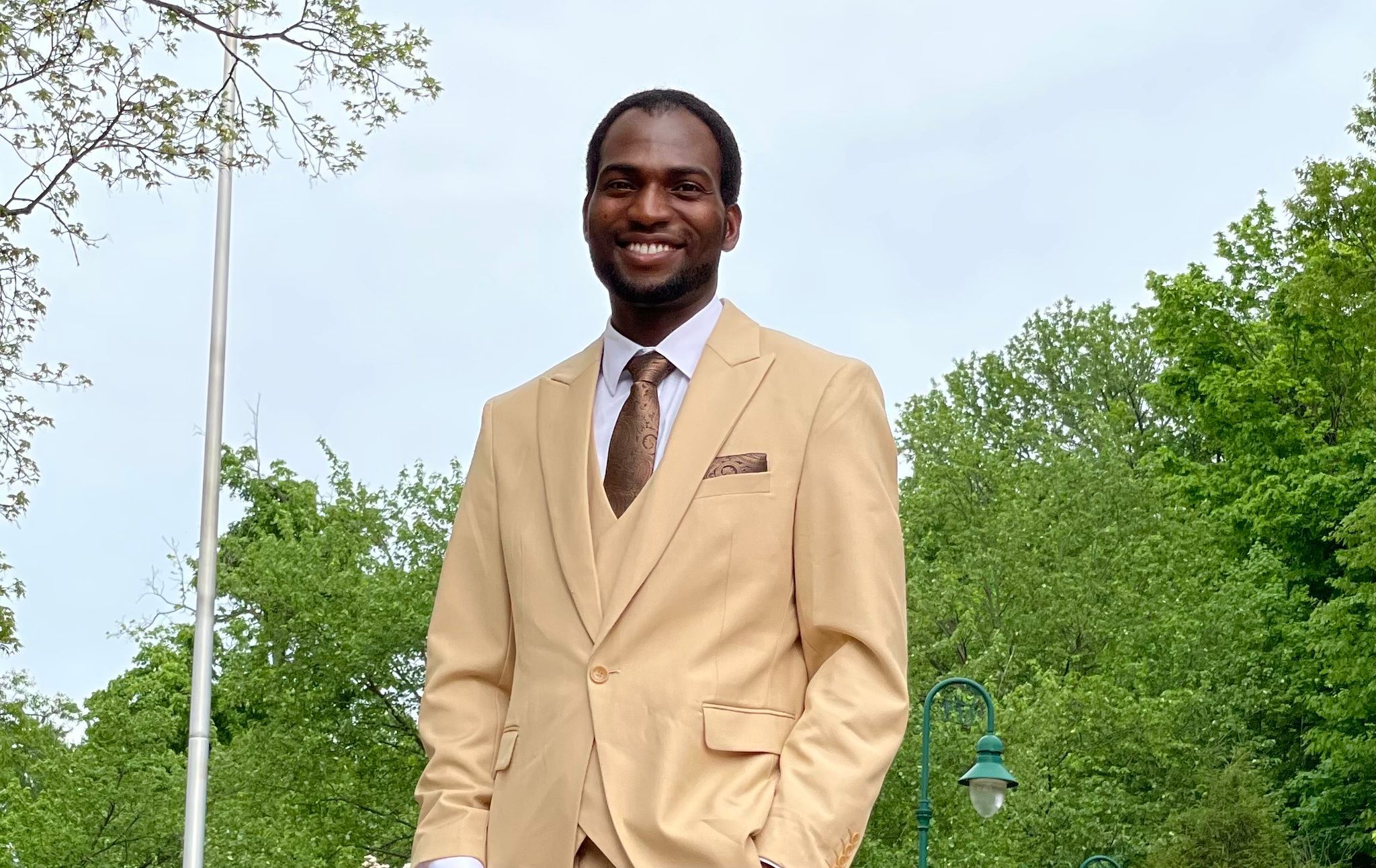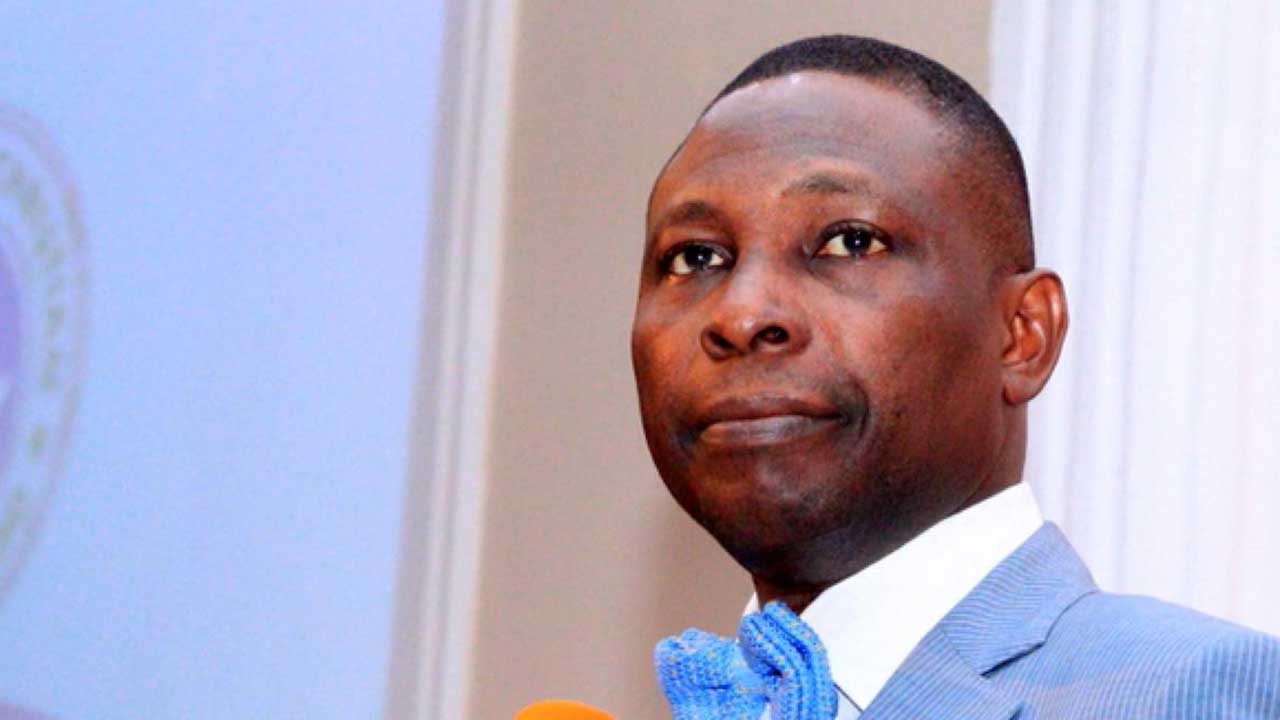
Matthew Ajibade, a doctoral candidate in linguistics at Indiana University Bloomington, USA, has been awarded the prestigious National Federation of Modern Language Teachers (NFMLTA) and National Council of Less Commonly Taught Languages (NCOLCTL) Graduate Student Research Support Grant. This competitive grant supports graduate student research in applied linguistics and language education, focusing on less commonly taught languages- all languages except English, Spanish, French, and German.
Instituted in 2014 by the NFMLTA and NCOLCTL, the grant provides resources at any stage of dissertation writing, including data gathering, transcription, analysis, or the write-up of findings. Matthew Ajibade and a few other recipients, selected out of a pool of competitive candidates, were recognized at the awards dinner during the 2023 annual NCOLCTL conference on Saturday, April 22, 2023, emphasizing the importance of their contributions to the field.
Ajibade’s dissertation explores the intersection of phonological theory, second language phonology, heritage language phonology, and Yoruba pedagogy. His research investigates how native language influences the phonological perception of complex consonants found in many West African languages, with a focus on Yoruba. Specifically, Ajibade examines the effects of birthplace and upbringing on language acquisition among Yoruba speakers. He compares individuals born into Yoruba families in Nigeria with those born and raised in the United States, analyzing how these factors impact the acquisition and perception of Yoruba phonology.
Advancement of Phonological Theory: Ajibade’s work addresses how consonantal complexity affects phonological perception, moving beyond the focus on single consonants prevalent in previous studies. His comprehensive analysis, which offers new insights into the theoretical understanding of consonantal complexity among Yoruba and American listeners, will advance phonological theory in linguistics.
Pioneering Study of Heritage Yoruba Speakers: Ajibade’s research is the first to study the phonology of heritage Yoruba speakers- individuals born into Yoruba families and acquired the language at home in the United States. With the growing Yoruba immigrant population in the United States, his research fills a critical gap, contributing to a broader linguistic understanding of heritage speakers across languages.
Pedagogical Implications: By studying the phonological representations of heritage Yoruba speakers compared to native English speakers, Ajibade’s findings have practical applications for language education. His work aims to refine the teaching methodologies of Yoruba in U.S. universities, providing instructors with tools to effectively teach diverse learner groups.
The NFMLTA/NCOLCTL Graduate Student Research Support Grant is a testament to Ajibade’s scholarly excellence and the importance of his research. The grant requires applicants to demonstrate a rigorous approach to language-pedagogy-oriented research, including a clear purpose, strong theoretical frameworks, detailed methodology, and potential for real-world impact. Ajibade’s success underscores the value of his contributions to both linguistic theory and practical language pedagogy. His work not only broadens the field of Yoruba studies but also enhances the understanding of heritage language acquisition in diverse communities.
Ajibade’s research is poised to have lasting impacts on the study and teaching of Yoruba in the United States. His work highlights the intricate interplay between language, identity, and pedagogy, paving the way for future studies in African languages and heritage language education. Reflecting on his achievement, Ajibade said, “This grant not only validates the importance of my research but also enables me to continue exploring the unique dynamics of Yoruba language learning. I am honored to contribute to the advancement of less commonly taught languages and to support the cultural and linguistic heritage of Yoruba speakers worldwide.”






